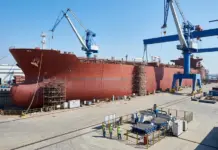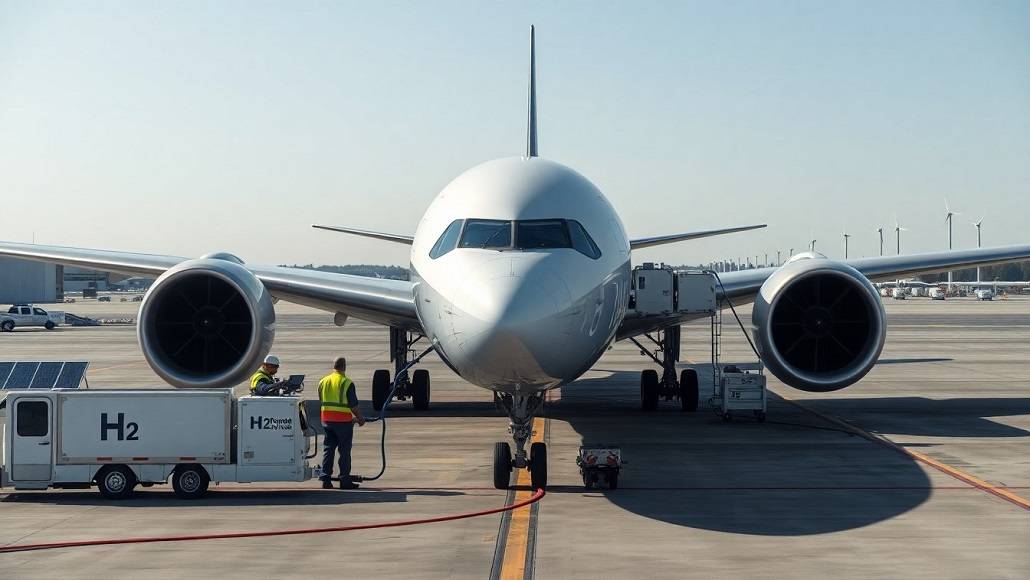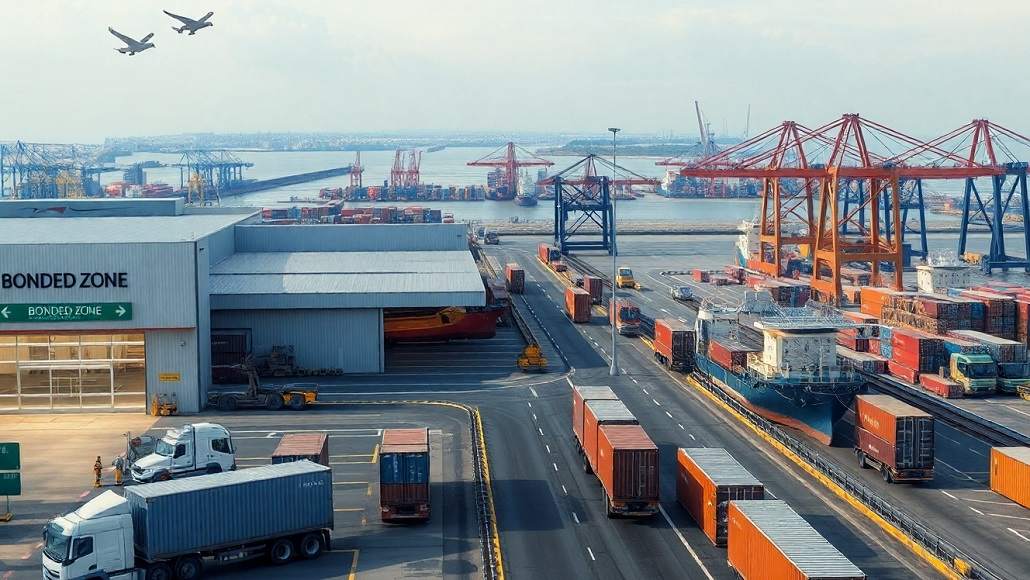In a move aimed at easing trade tensions, the United States and China have agreed to put their new port fees on hold for one year. The step marks a brief thaw in ties between the world’s two biggest economies and offers relief to shipping and logistics companies that had been bracing for higher costs. According to China’s Ministry of Commerce, Washington will delay the enforcement of its planned port charges on Chinese-linked vessels until late 2026. In response, Beijing has confirmed that it will suspend its retaliatory “special port fees” on U.S.-affiliated ships for the same period.
The agreement came after high-level talks between U.S. President Donald Trump and Chinese President Xi Jinping in Busan, South Korea, their first face-to-face meeting since reciprocal port tariffs were reinstated on October 14, 2025. Many see the move as a calculated effort to steady trade relations and prevent another round of tensions after months of strain over shipping access and trade rules.
The port-fee dispute originated with Washington’s move under Section 301 of the U.S. Trade Act, which introduced new port fees on vessels with a “Chinese nexus.” The measure targeted ships that were built, owned, operated, or flagged in China. Beijing retaliated swiftly by imposing its own “special port service fees” of RMB 400 per net ton on U.S.-linked ships calling at Chinese ports. The Chinese Ministry of Transport had planned to gradually increase these charges over the coming years, triggering concerns among global shipping companies about the potential for a spiraling cost structure in trans-Pacific trade.
By putting the Reciprocal Port Tariffs measures on hold for a year, both governments have paused one of the more disruptive flashpoints in their recent trade dispute. The legal groundwork for the fees still exists, so they could return if talks falter. Even so, the suspension gives the global shipping and logistics industry some short-term clarity and relieves the immediate pressure of rising port costs that might have distorted freight rates and vessel schedules across the Pacific.
Industry observers have welcomed the move as a timely break for carriers already dealing with cost strains from other global disruptions. The suspension is expected to stabilize short-term operational planning, particularly for firms engaged in U.S.-China trade routes, where even minor cost adjustments can ripple through global supply chains.
The agreement is also seen as part of a broader push to rebuild trust after months of heated exchanges between Washington and Beijing. Both governments called the port-fee suspension a “confidence-building step,” reflecting an effort to ease tensions after a turbulent year of clashes over technology exports, maritime competition, and industrial support policies. According to reports, the Busan meeting also covered topics such as export controls, rare-earth supply chains, and strategic coordination in industrial policy, all seen as key pressure points in their ongoing economic rivalry.
Analysts say the suspension will benefit not only shipping lines operating between the U.S. and China but could also bring a measure of stability to global trade routes. European ports could also benefit if container traffic and transshipment volumes through major Asian hubs start moving more steadily again. A smoother flow of goods would likely ease congestion, keeping freight operations more predictable in the months ahead.
For the maritime industry, the one-year pause brings a rare sense of calm. It may be temporary, but in a market defined by uncertainty, even a short period of stability matters. The industry continues to grapple with volatility caused by Red Sea route disruptions, shifting trade alliances, and imbalanced shipping capacity. The temporary removal of port fee measures removes one significant stress factor from this complex equation, giving logistics operators and carriers a chance to recalibrate operations without the added burden of political risk pricing.
Officials in Washington and Beijing said the one-year suspension takes effect immediately, giving both sides some breathing room to continue talks on a longer-term deal. But industry executives warn the truce is still fragile. The legal basis for both sets of port fees remains in place, so either country could bring them back if negotiations stall.
For now, the deal represents a cautious but welcome pause in U.S.-China trade tensions. The deeper disputes remain unresolved, yet the move suggests a practical step toward cooperation and gives the shipping industry a break from mounting cost pressures. After a year of geopolitical turbulence and market swings, the sector can, at least for now, move forward with a bit more confidence.



























